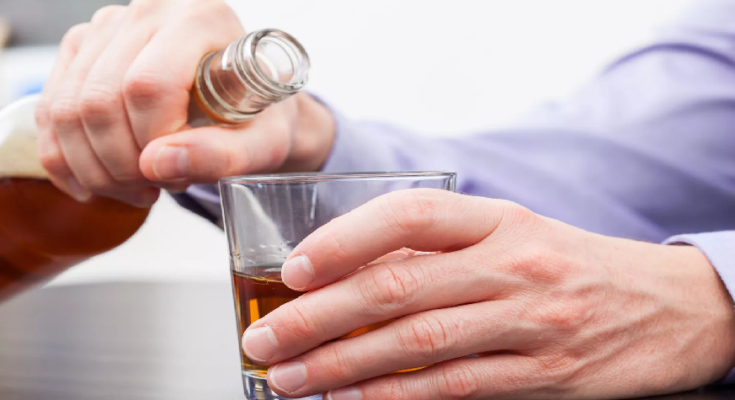Binge drinking is fun especially when you are accompanied by your favorite ones. some light hearted laughter and a fun-filled evening often bring people towards binge drinking after a long and hard day. But this seemingly very fun thing brings a certain to our brain and body when we carry this routine for a long time and we feel the necessity of alcohol to carry on with everything. Finally, when you realize that you are an addict and start the process of getting out of it, Alcohol Withdrawal: Symptoms of Alcohol Withdrawal Syndrome starts to kick in.
Binge drinking
When a person who has grown dependent on alcohol, unexpectedly stops drinking, he or she goes through the stages of alcohol withdrawal and experience the associated symptoms. Alcoholism is brought on by excessive alcohol consumption, which changes the chemical composition, functions, and even structure of the human brain. Regular binge drinking or alcohol misuse causes the brain to change the activity of its neurotransmitters in an effort to make up for the deficit. Information is transmitted throughout the body and brain by neurotransmitters. Alcohol acts as a depressive by first increasing the effects of glutamate, a neurotransmitter that causes emotions of excitement, and decreasing the effects of GABA, a neurotransmitter that causes feelings of relaxation and well-being.
The response of brain that leads to dependance
The brain makes an effort to continue functioning normally despite the presence of alcohol by reducing GABA and raising glutamate when occasional drinking turns into chronic alcohol consumption. More quantities of alcohol are required to produce the desired effects as the brain continues to modify its chemical activity. A tolerance, reliance, and maybe an addiction is developed as a result. The brain will eventually start to work more efficiently when alcohol is present, leading to dependence.




